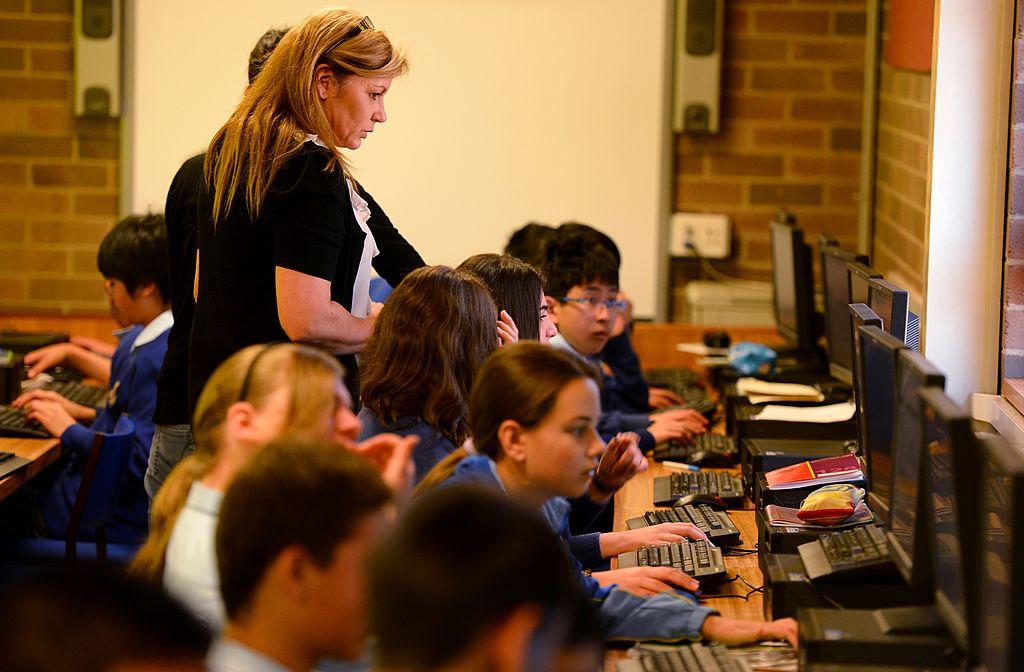Families in New South Wales (NSW) are set to benefit from a new initiative to improve pregnancy care, with a focus on better access to specialised maternity services, including more staff and regular care.
Health Minister Ryan Park announced that the new Pregnancy Connect initiative, which will receive an ongoing annual investment of $6.19 million ($US4 million), will particularly benefit women in regional and rural NSW.





